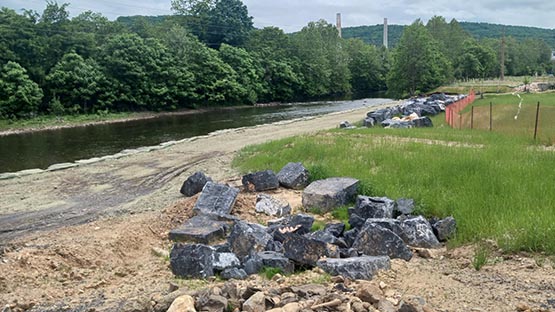
“The EPA is sticking to their talking points. They’re saying they’re not expanding jurisdiction,” Parrish said. “But for the first time ever, EPA is defining ditches as tributaries. This really does blur the distinction between land and water. And Congress didn’t intend that.
“Congress explicitly tried to protect agriculture from EPA permitting programs because farmers need flexibility” to efficiently raise crops.
AFBF has launched a campaign encouraging the EPA to “Ditch the Rule.” Background information on the proposed EPA “Waters of the U.S.” rule can be found at ditchtherule.fb.org.
The problem with the EPA’s statements about farm exemptions is that past actions under Section 404 of the Clean Water Act show the agency keeps trying to expand its regulatory power, Parrish said. “EPA has narrowed those 404 practices significantly, in some cases so that they’re actually meaningless to farmers. What they have not done, though, under Section 402, another technical term in the Clean Water Act, relates to using things like pesticides,” he said.
“So all of a sudden, this could really expand EPA’s opportunity to regulate not only where and how we use crop protection tools to control weeds, insects and diseases in our crops, but they could also further regulate how we are using nutrients on the landscape. It could have a significant impact. And there’s nothing—nothing—in the exemptions that would protect a farmer from that.”
The EPA is expected to promote its proposed changes at press briefings in rural America this summer, and Parrish said farmers need to make sure their voices are heard by Congress and the public. At the very least, he fears the regulations would force farmers to remove many of their fields from production, creating an inefficient patchwork of farmland and a regulatory nightmare.
“I think it’s in our best interest for farmers to help EPA and the federal government understand why that is a bridge too far. It’s not a good thing for the environment. It’s not a good thing to control farmers and land in this way. It’s important—it’s very important—that farmers have their voices heard. We need to ditch this rule.”










